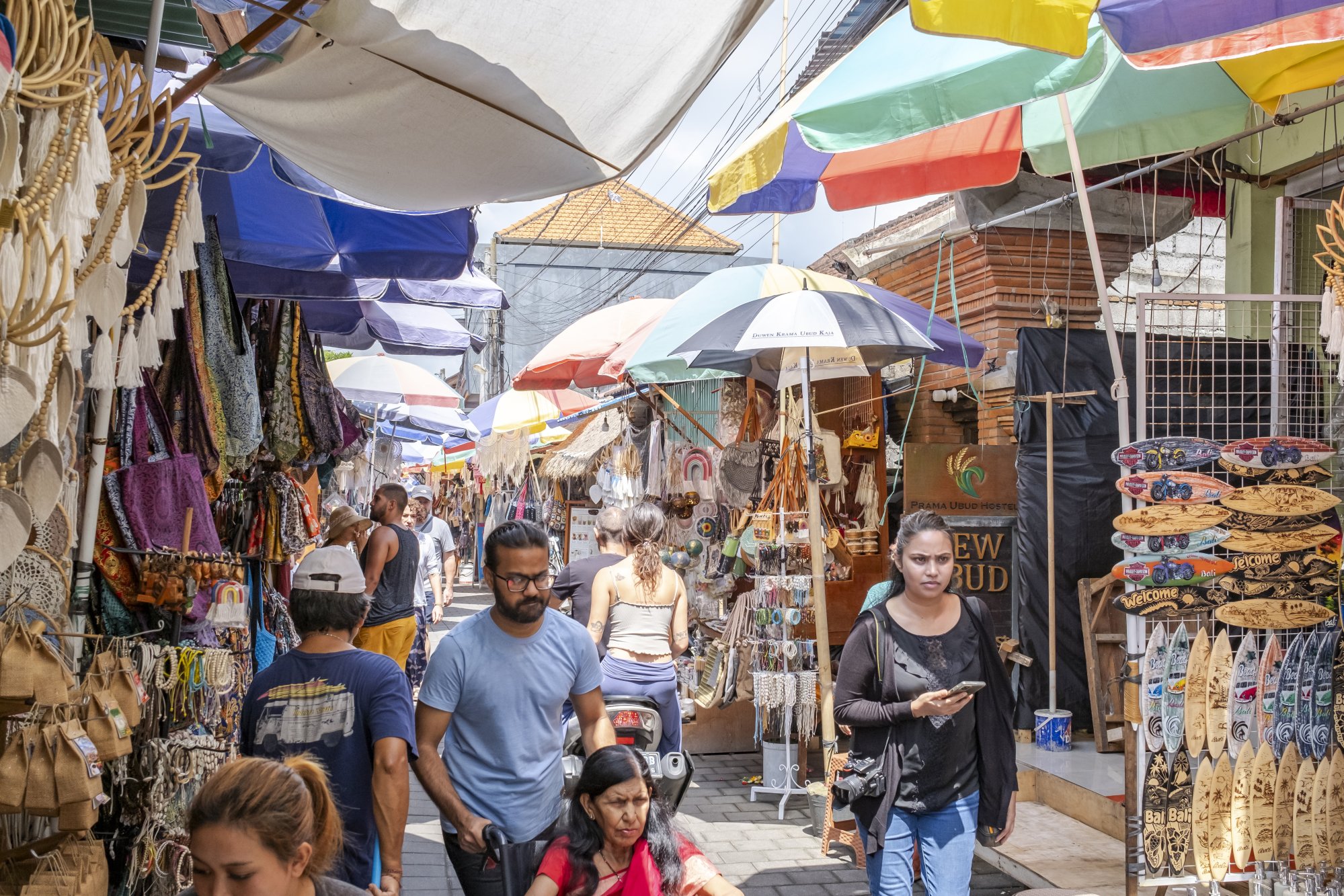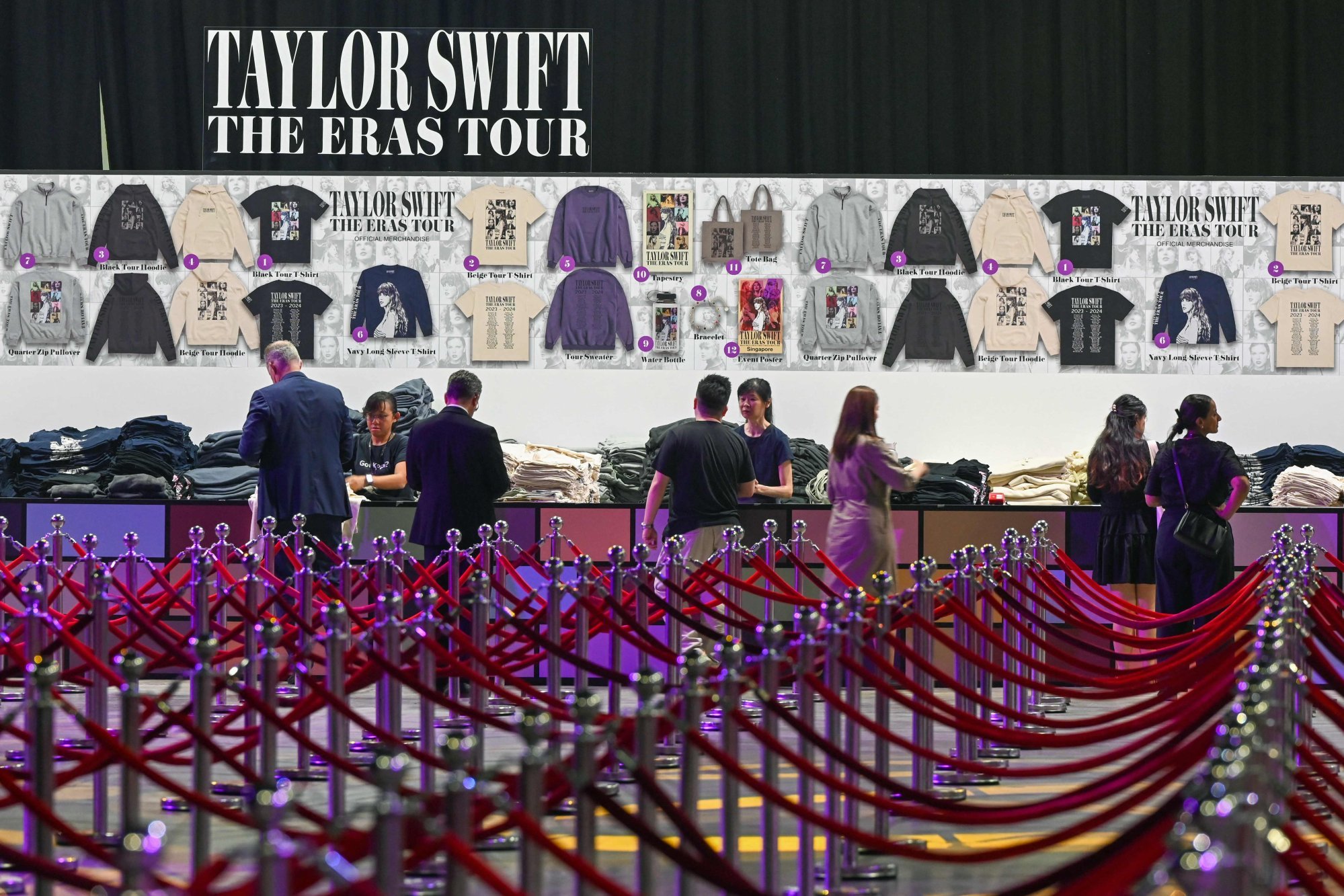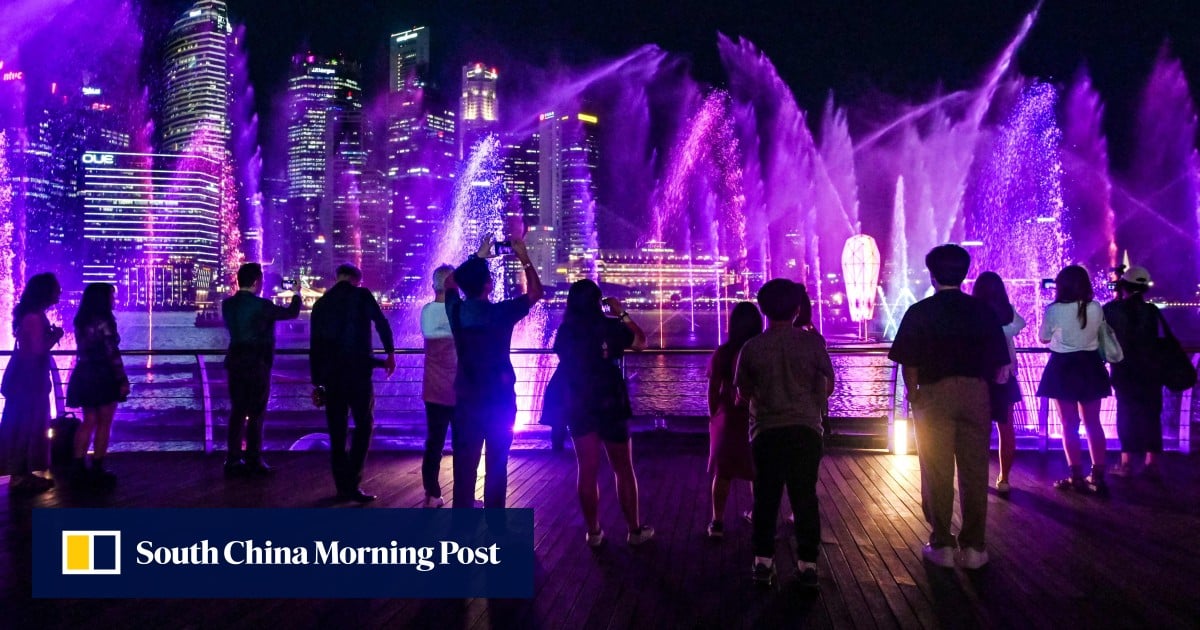To this end, Sandiaga said his ministry had launched the Indonesia Tourism Fund, with a seed fund worth 2 trillion rupiah (US$128 million). He said the fund was set up to help the country bid for “music, sports and cultural events deemed capable of generating a multiplier effect for Indonesia’s tourism”.
“The alleged monetary compensation offered by Singapore to bind Swift to perform exclusively there has obviously ruffled some feathers in Jakarta,” said Gancar Premananto, economist at Surabaya’s Airlangga University.
“The exclusive contract has caused a scarcity effect that forces Swifties across Southeast Asia to head for Singapore in order to see their idol perform live, resulting in maximum economic benefits for Singapore in the process.”

Gancar said the minister’s aspiration to “replicate Swiftonomics” for Indonesia’s benefit was understandable, although it would not be without its challenges.
Indonesia, he said, had “inimitable advantages … in terms of tourism spots, natural beauty and the variety of choices” which should be synergised with how the country marketed and promoted international music or cultural events happening within its borders to maximise their economic impact.
Teguh claimed Indonesia already had a reputation in the global music scene for hosting world-class performers.
“Around the time Taylor Swift’s concerts in Singapore kick off, Joyland Festival is happening in Nusa Dua, Bali, with British singer James Blake as the lead act,” he noted.
Apart from Blake, whose newest single Playing Robots Into Heaven earned a nomination at the 2024 Grammy Awards, the festival also boasts international headliners such as Kings of Convenience, Todd Terje, Gilles Peterson, Shintaro Sakamoto, The Walters, Whitney, Vansire and Pearl & The Oysters.
“Blake won’t be performing anywhere else in Southeast Asia, which makes his Bali gig exclusive,” Teguh pointed out.
Despite this, Indonesia still came up short when competing with regional neighbours in attracting artists like Swift, Teguh said, citing British band Coldplay’s single show in Jakarta versus three in Singapore.
Coldplay performed to an audience of 80,000 at Jakarta’s GBK Stadium on November 15, but the much anticipated show had its own hitches, including a major ticket fraud scandal.
Jakarta police said 2,500 fans had bought Coldplay counterfeit tickets at knockdown prices from a couple identified as Ricardo and Angel, who were later arrested for fraud.
Several distraught fans tried to storm the concert venue after realising their tickets were invalid, with witnesses saying some managed to make their way in.
Indonesia’s conservative wrath, scams take centre stage ahead of Coldplay gig
Indonesia’s conservative wrath, scams take centre stage ahead of Coldplay gig
Surabaya resident Steven Chang, 29, who flew to Jakarta for the Coldplay concert, said he was slightly disappointed with the ruckus, which marred his experience.
“It was unsettling to watch those people try to get in on social media reels, though I doubt they actually made it into the main arena because I didn’t see them where I was.”
But the subsequent publicity and news reports about fraudulent tickets embarrassed him, he said, adding “maybe this is why some of my friends chose to see Coldplay at one of their Singapore concerts instead”.
Gancar admitted the Coldplay concert highlighted problems which needed to be “ironed out” if Indonesia were to compete with its neighbours in pulling in big events.
“We have the potential and the infrastructure to accomplish this, but more must be done to ensure smooth logistics and organisation,” he said, but added the Jonas Brothers concert in Jakarta on February 24 appeared to have gone smoothly.
Major names expected in Jakarta soon include Ed Sheeran, who will grace the Jakarta International Stadium on March 2 and Tom Jones, who will perform at the Hotel Mulia on March 8.

Surabaya-based event organiser Gary Lee said there was definitely a strong market in Indonesia for mega concerts, but cited the country’s bureaucracy, notorious for its kickbacks, as a major obstacle.
“Permits are often held up by the authorities if industry players don’t give them ‘incentives’, but this practice isn’t ideal,” he said.
Lee claimed that bureaucrats’ frequents demands for baksheesh – a term used to describe bribes meant to cut through red tape – may have made a “level playing field” impossible, with better-resourced organisers able to trounce their competitors at every turn.
Taylor Swift’s Singapore shows leave Malaysian, Thai, Filipino fans dismayed
Taylor Swift’s Singapore shows leave Malaysian, Thai, Filipino fans dismayed
Teguh urged Indonesia to use its tourism fund to create a better working environment for emerging artists and musicians, rather than chase after lofty projects for the prestige factor.
“I’ve seen emerging artists make their own way overseas to perform, all without assistance and facilities from our government,” he said.
He said if a thriving creative economy sector was what Indonesia wanted, nurturing the local talent would be the way to go.
“Our emerging artists will keep the local scene alive for much longer, bringing about more sustainable economic benefit across the sectors, than a huge international mega concert ever could.”


